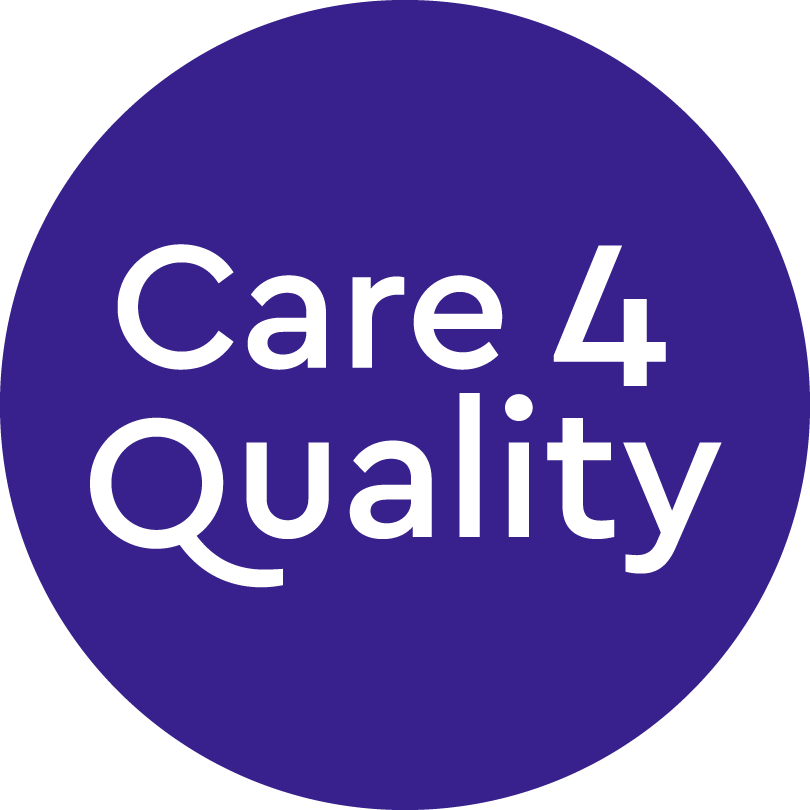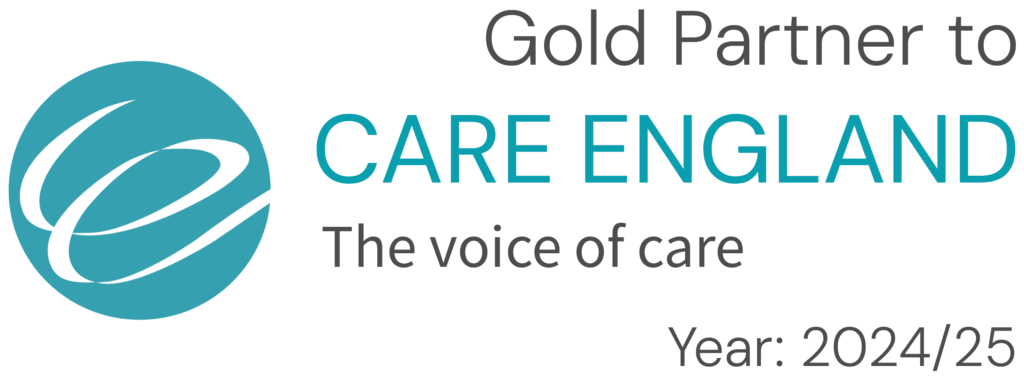As you are no doubt aware there were changes made to the way CQC inspect that came into force on November 2017.
Responding to feedback from their Next Phase consultation, changes were made to the KLOEs and prompts (the revised versions are available on the CQC website)
CQCs inspection teams will now use one single assessment framework to assess adult social care services, replacing the previous separate versions for different types of services which duplicated many of the KLOEs and prompts. This should simplify the process for organisations that provide more than one service.
There is now much more focus on the individual and on organisational responsibility.
Below is a summary of some of the key changes to be aware of within the 5 domains of inspection;
SAFE
- “Are safeguarding systems, processes and practices developed, implemented and communicated to staff?”
- “Are people’s records accurate, complete, legible, up-to-date, securely stored and available to relevant staff so that they support people to stay safe?”
- “How does the service engage with healthcare professionals in relation to reviews of medicines at appropriate intervals?”
- “Have all relevant staff completed food hygiene training and are correct procedures in place and followed wherever food is prepared and stored?”
- “Are lessons learned and improvements made when things go wrong?” – how is this evidence?
- “How are lessons learned and themes identified, and is action taken as a result of reviews and investigations when things go wrong?”
EFFECTIVE
- “Are people’s needs and choices assessed, and care, treatment and support delivered in line with current legislation, standards and evidence-based guidance to achieve effective outcomes?”
- “How is technology and equipment used to enhance the delivery of effective care and support, and to promote people’s independence?”
- “How is the process for seeking consent monitored and reviewed to ensure it meets legal requirements and follows relevant national guidance?”
CARING
- “Do staff seek accessible ways to communicate with people when their protected and other characteristics under the Equality Act make this necessary to reduce or remove barriers?”
- “Does the service give staff the time, training and support they need to provide care and support in a compassionate and personal way? Are rotas, schedules and practical arrangements organised so that staff have time to listen to people, answer their questions, provide information, and involve people in decisions?”
RESPONSIVE
- Technology: “How is technology used to support people to receive timely care and support?”
- Complaints: “How are people who raise concerns or complaints protected from discrimination, harassment or disadvantage?”
- End of life care: “What arrangements are there for making sure that the body of a person who has died is cared for in a culturally sensitive and dignified way?”
WELL LED
- Culture and values
- Duty of candour
- Leadership and governance: Skills, knowledge, experience, integrity on appointment and on an ongoing basis.
- Staff relationships
- Data protection and information sharing: Robust arrangements
- Lessons learned from data security breaches
- Sustainability
There is now much more focus on the individual and on organisational responsibility. Managers and providers should familiarise themselves with the new KLOEs and the ratings characteristics so that they can prepare and plan appropriately for their next inspection.
Care 4 Quality Ltd carry out mock inspections, and provide ongoing compliance support for health and social care services across the UK Mainland and IoM.
For any further advice or queries contact us today!

